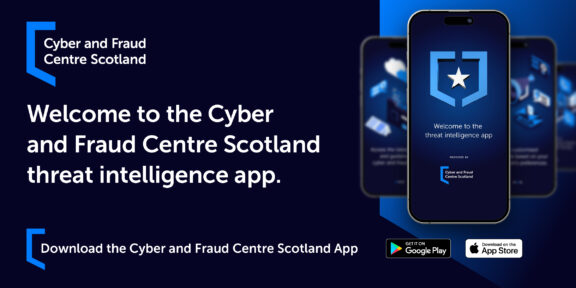
Getting Started with the Cyber and Fraud Centre Threat Intel App
Welcome to the Cyber and Fraud Centre Threat Intelligence app! If you’ve already downloaded the app but are unsure how to begin, this guide is…
Now that many remote workers start to take advantage of working somewhere other than their home, Ethical Hacker Allena discusses the dangers of using public Wi-Fi.
Café’s, shopping centres, hotels and airports.
All places you would expect to find often free public Wi-Fi. Session hijacking, man in the middle, packet sniffing and malware spreading. All forms of attacks you leave yourself vulnerable to when connected to public Wi-Fi. This can result in the loss of personal and sensitive data including bank information and passwords.
A man in the middle attack is when a hacker will monitor traffic between the victim and a public Wi-Fi connection. It allows for packet sniffing, where hackers wait for the victim to login then steal the information as it’s being transferred.
Similarly, hackers can take control of your device. This is called session hijacking and done by pulling the victims sessions ID using packet sniffing techniques. Once hackers have control of your device, they can now also implement malware onto your device potentially to steal more data or revisit at a later time.
“Well sometimes I need to connect to Wi-Fi in public spaces. What am I supposed to do?”

This is another important reason why it is important to have different passwords across different accounts!
SBRC’s ethical hacking team can provide a series of cyber led presentations as part of our Professional Cyber Services. Click here to find out more.